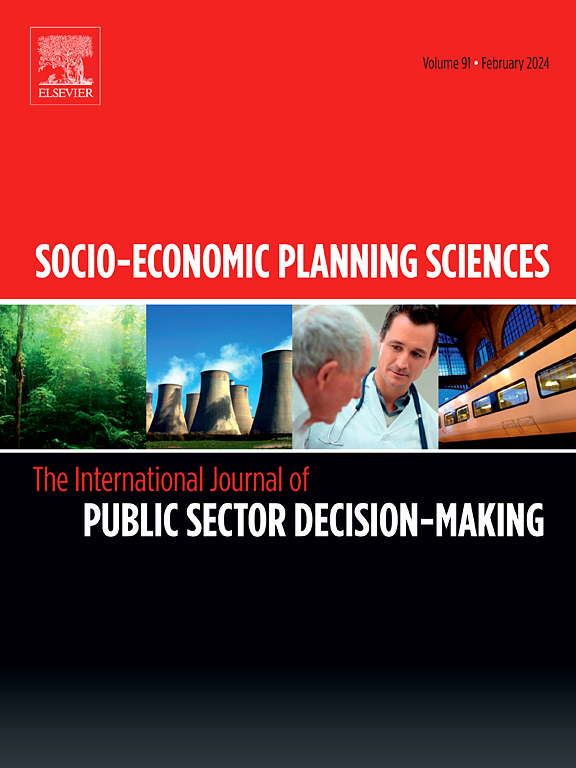Early warning system for Russian stock market crises: TCN-LSTM-Attention model using imbalanced data and attention mechanism
IF 5.4
2区 经济学
Q1 ECONOMICS
引用次数: 0
Abstract
This research is devoted to the development and evaluation of the effectiveness of machine learning and deep learning models for forecasting crisis phenomena in the Russian stock market. The work covers the period from the beginning of 2014 to June 2024, using the IMOEX index as the main indicator of the market condition. Special attention is paid to the problem of the imbalanced data structure and accounting for investor sentiment.
The study presents a hybrid TCN-LSTM-Attention model, which showed the best performance in predicting crisis events. The model achieved an accuracy of 78.70 % for forecasts on the day of observation and 78.85 % for forecasts on the next trading day. Analysis using the Integrated Gradients method identified key factors affecting forecasting, including stock index values, total capitalization of companies and exchange rates.
The study found that the quality of forecasts declines as the forecast horizon increases, but the importance of considering investor sentiment metrics becomes more important. Validation of the model using different time windows and monthly retraining showed a significant improvement in results, achieving an accuracy of up to 83.87 %.
The developed models demonstrate the potential for building early warning systems for stock market crises, which can be useful for individual investors, financial institutions and market regulators alike. Future research could be aimed at incorporating additional factors and developing decision-making strategies based on the obtained forecasts.
俄罗斯股市危机预警系统:基于非平衡数据和注意机制的tcn - lstm -注意力模型
本研究致力于开发和评估机器学习和深度学习模型预测俄罗斯股票市场危机现象的有效性。研究时间为2014年初至2024年6月,以IMOEX指数作为市场状况的主要指标。特别关注了数据结构失衡和投资者情绪核算问题。研究提出了一种混合的TCN-LSTM-Attention模型,该模型在预测危机事件中表现出最好的效果。该模型对观测当天的预测准确率为78.70%,对下一个交易日的预测准确率为78.85%。利用综合梯度法分析确定了影响预测的关键因素,包括股票指数值、公司总资本额和汇率。研究发现,随着预测范围的扩大,预测的质量会下降,但考虑投资者情绪指标的重要性变得更加重要。使用不同的时间窗和每月再训练对模型进行验证,结果显着改善,准确率高达83.87%。开发的模型显示了建立股市危机预警系统的潜力,这对个人投资者、金融机构和市场监管机构都很有用。今后的研究可着眼于纳入其他因素,并根据获得的预测拟订决策战略。
本文章由计算机程序翻译,如有差异,请以英文原文为准。
求助全文
约1分钟内获得全文
求助全文
来源期刊

Socio-economic Planning Sciences
OPERATIONS RESEARCH & MANAGEMENT SCIENCE-
CiteScore
9.40
自引率
13.10%
发文量
294
审稿时长
58 days
期刊介绍:
Studies directed toward the more effective utilization of existing resources, e.g. mathematical programming models of health care delivery systems with relevance to more effective program design; systems analysis of fire outbreaks and its relevance to the location of fire stations; statistical analysis of the efficiency of a developing country economy or industry.
Studies relating to the interaction of various segments of society and technology, e.g. the effects of government health policies on the utilization and design of hospital facilities; the relationship between housing density and the demands on public transportation or other service facilities: patterns and implications of urban development and air or water pollution.
Studies devoted to the anticipations of and response to future needs for social, health and other human services, e.g. the relationship between industrial growth and the development of educational resources in affected areas; investigation of future demands for material and child health resources in a developing country; design of effective recycling in an urban setting.
 求助内容:
求助内容: 应助结果提醒方式:
应助结果提醒方式:


